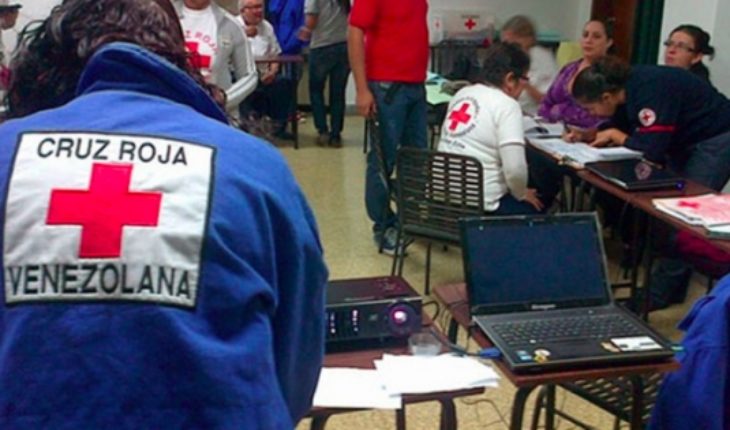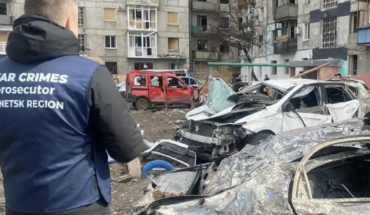from the gestation of the ideas you they gave life to the Red Cross, in the battle of Solferino in 1859, until today, its central Foundation has been to alleviate human suffering, without distinction of nationality, ethnicity, religion, social status or political beliefs; in other words, do it in an impartial manner.
Red Cross humanitarian mission throughout its history has been based on the principles of impartiality, neutrality and independence. They are who have enabled that organization get to alleviate human suffering in places where no other organization has been able to do so.
In major humanitarian crises that we have known, as for example: the second world war, Rwanda, Angola, the crisis in the Balkans, the tsunami in Indonesia, the crisis in Afghanistan, Syria, Sudan, Yemen, etc., the Red Cross has been able to exercise its mandate humanitarian to save lives and alleviate human suffering due to its absolute neutrality, which allowed him to retain the confidence of the parties and, thus, open the humanitarian spaces where it is was able to exercise the required humanitarian assistance.
That is why these principles are fundamental and must be always respected. It is a duty of the signatory States of the Geneva Conventions to protect the impartiality, neutrality and independence of Red Cross. The responsibility of the international movement of the Red Cross and Red Crescent is disseminating these principles and ensure at all times the respect and attachment to them.
A humanitarian crisis is an extreme situation, which threatens the lives of thousands of human beings and which exceeds a country’s capabilities to meet emerging needs. Many of the major humanitarian crises are rooted in deep political crises which have not been resolved. Those emergencies means a great challenge for the Red Cross.
With concern the International Red Cross and Red Crescent movement has seen in recent years as it is used the “humanitarian” concept devoid of deep value, which is to prevent and alleviate human suffering.
The pressure that the media and the parties involved in a crisis, originates the political need for a visible action that can make lose sight of the real needs and lead to a misuse of humanitarian assistance. In other words, there is a great risk of a politicization of humanitarian work and a devaluation of the concept, which may have serious future consequences for real, i.e. impartial, neutral and independent humanitarian action.
This is why it is surprising, to say the least, the call made by the Chilean Red Cross, along with collective Venezuelans living in Chile to collect health supplies to alleviate the “humanitarian crisis” affecting that country. We are concerned that lack of care with the fundamental principles. The international movement of the Red Cross and the Venezuelan Red Cross have highlighted the essential importance that the impartiality and neutrality at the present time that the country.
It is good to bear in mind that the Venezuelan Red Cross exists since 1895 and that its action for the benefit of the most deprived persons has been constant until the day today. Humanitarian commitment to his country has not changed, and its directors and volunteer work attached to the fundamental principles and rules governing humanitarian assistance. Accordingly, all help Red Cross who wants to mobilize from outside Venezuela must respond to the needs expressed by the authorities of the Venezuelan Red Cross and be channeled through structures and forms that the international movement of cross Red has been given for such purposes. Any other initiative constitutes a violation of the fundamental principles.
Strengthen and ensure the impartiality, neutrality and independence of Red Cross is essential to ensure its legitimacy and ensure that it can continue when more is needed.
Poured in this op-ed content is the sole responsibility of the author and do not necessarily reflect the editorial line nor the counter position.





